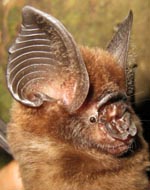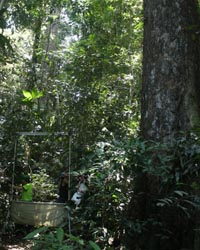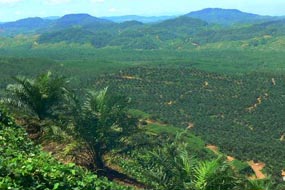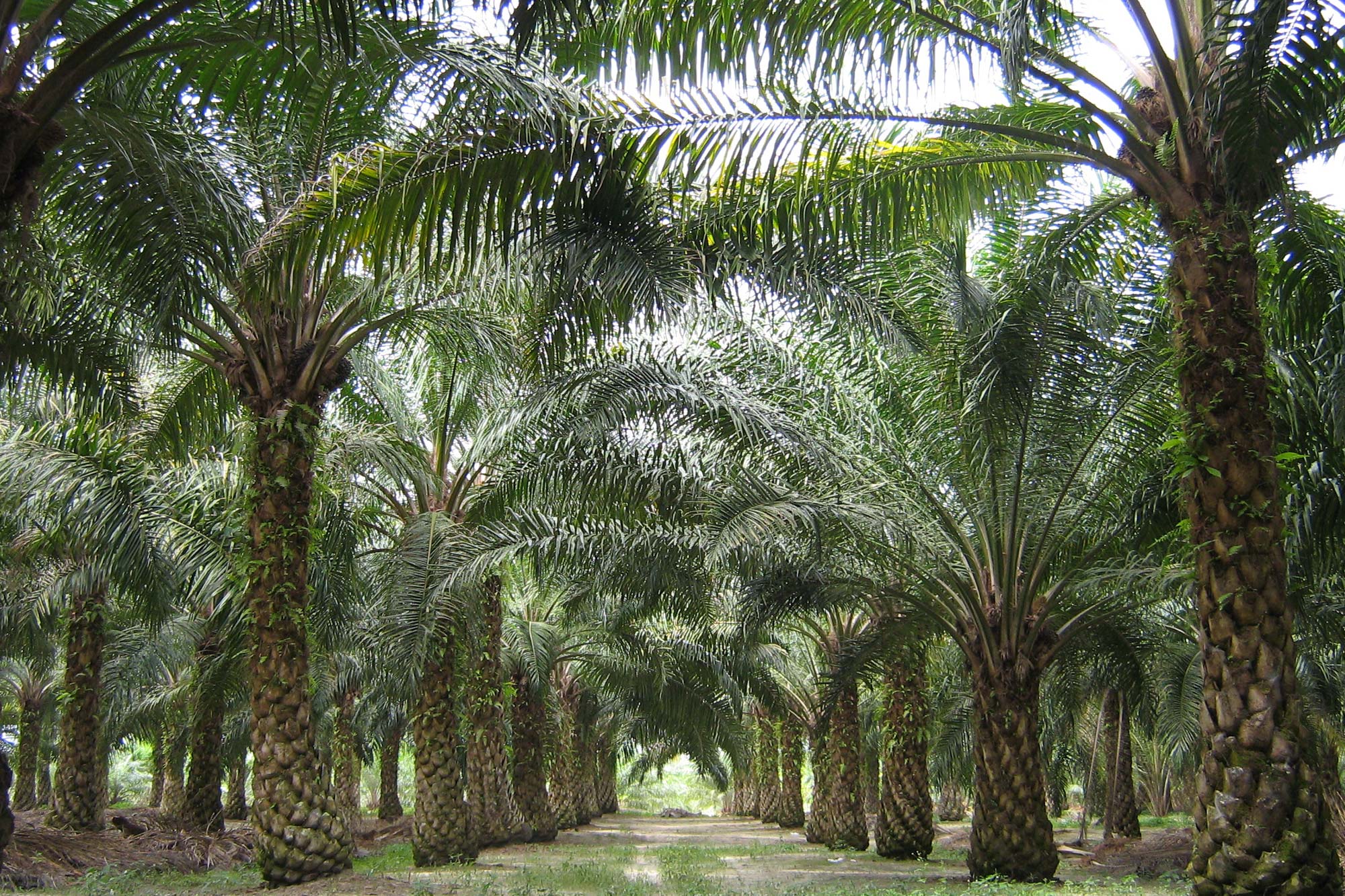| Principal Investigator: | Dr Matthew Struebig |
|---|---|
| Project dates: | 2012-2014 |
| Funding: | Mohamed bin Zayed Species Conservation Fund Bat Conservation International |
| Collaborators: | Universiti Malaysia Sabah, Yayasan Sabah, Royal Society South East Asia Rainforest Research Programme |

Across the tropics forests are increasingly threatened by logging and conversion to exotic tree plantations, but there are also opportunities to mitigate, or offset, biodiversity losses via responsible landscape management. This project, based in a major oil palm producing region of Southeast Asia, aims to provide practical recommendations to land managers to promote the conservation of vulnerable species in oil palm estates.

Research is based at the Stability of Altered Forest Ecosystems (SAFE) project in Kalabakan, Sabah (Malaysian Borneo), where a plantation company has agreed to set aside forest conservation areas of various sizes throughout their estate. Crucially, the sizes of these set-asides are representative of those legally required by oil palm companies in Malaysia, Indonesia and Thailand, which together produce most of the World’s palm oil. The set up is also relevant to other tropical countries where oil palm cultivation is expanding.

We are developing a monitoring protocol targeted to IUCN Red-Listed bats in the landscape using capture techniques and acoustic recorders. The acoustic detectors also record birds and frogs, allowing us to sample multiple taxonomic groups with the same automated technique. While assessing the relative value that different modified habitats have for tropical biodiversity, the project aims to identify the optimum size of riparian forest corridors that should be prioritized for conservation. Outputs are linked to the requirements for certification under the Roundtable for Sustainable Palm Oil, and will culminate in a set of recommendations to promote the persistence of threatened species in oil palm estates.

